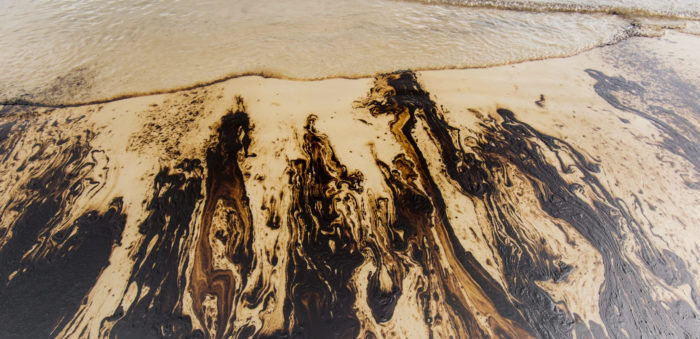The Interagency Coordinating Committee on Oil Pollution Research (ICCOPR) released the 2022-2027 Oil Pollution Research and Technology Plan (OPRTP).
The Oil Pollution Research and Technology Plan is updated every six years and provides a basis for coordinating oil pollution research in the United States.
2022-2027 Oil Pollution Research and Technology Plan
The Interagency Coordinating Committee on Oil Pollution Research (ICCOPR) is a 16-member Interagency Committee established by the Oil Pollution Act of 1990 to “coordinate a comprehensive program of oil pollution research, technology development, and demonstration among the Federal agencies, in cooperation and coordination with industry, 4-year institutions of higher education and research institutions, State governments, and other nations, as appropriate, and shall foster cost-effective research mechanisms, including the joint funding of research.”
“This interagency product provides an updated assessment and analysis of agency roles and responsibilities and knowledge regarding oil pollution prevention, preparedness, response, and mitigation technologies,” said Scott Lundgren, director of National Oceanic and Atmospheric Administration’s (NOAA) Office of Response and Restoration.
The plan also presents the interagency’ s overall research priorities and explains the process the Committee used to identify research gaps, noteworthy oil spill events, and the current state of oil pollution knowledge.
The latest version of this important document describes 28 Standing Research Areas and 171 different Research and Development Priorities that the Committee recommends be addressed by industry, academia, government, and non-government organizations over the next six years
stated said Eric Miller, Chief, Bureau of Safety and Environmental Enforcement (BSEE) Oil Spill Preparedness Division.
Through an agreement with the NOAA, the University of New Hampshire’s Coastal Response Research Center (CRRC), and the U.S. Coast Guard, BSEE provided funding for the plan and worked closely with its Committee partners to review previous Research & Development needs to identify new priorities.
This plan does not establish any regulatory requirement or interpretation, nor does it imply the need to establish a new regulatory requirement or modify any existing regulatory requirements.
In addition to preparing the coordinated Federal Oil Pollution Research and Technology Plan, the Committee promotes coordination with industry, academia, research institutions, state governments, and international partners through information sharing, collaborative planning, and joint funding of projects.
EXPLORE MORE AT THE OIL POLLUTION RESEARCH AND TECHNOLOGY PLAN




























































